
Leeds sends first undergraduate student to COP
Amid extreme weather and record-breaking temperatures, world leaders are gathering in Dubai for the COP28 summit.

Amid extreme weather and record-breaking temperatures, world leaders are gathering in Dubai for the COP28 summit.
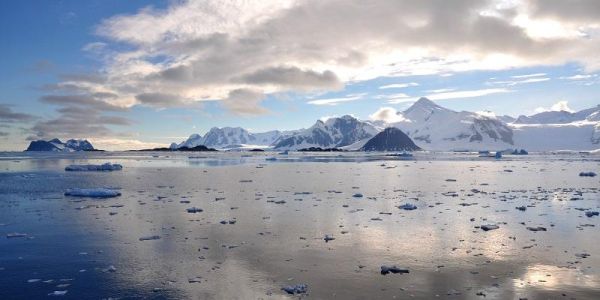
Scientists are warning that apparently stable glaciers in the Antarctic can “switch very rapidly” and lose large quantities of ice as a result of warmer seas.
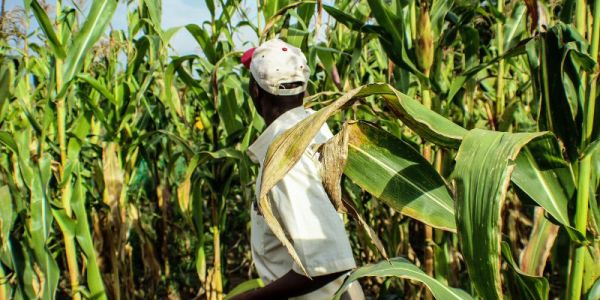
New and novel techniques in satellite analysis will be used by scientists at the University of Leeds to help farmers in Kenya respond to global warming and environmental degradation.
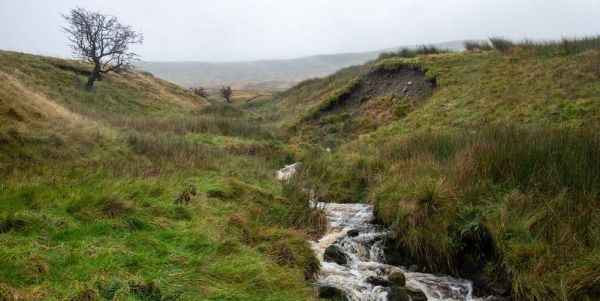
Pioneering research will for the first time monitor how the creation of England’s biggest new native woodland could help stave off the worst effects of climate change, such as flooding.
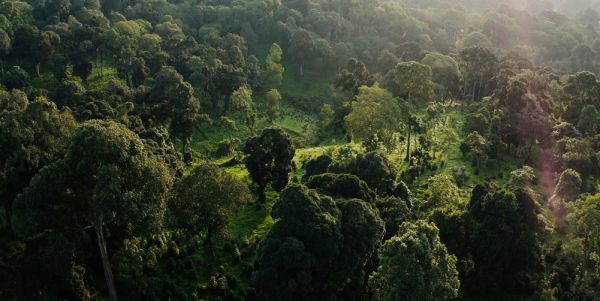
If the world’s natural forests are allowed to grow and mature rather than being cut down, 226 billion tonnes of carbon could be taken out of the atmosphere, according to a major international study.
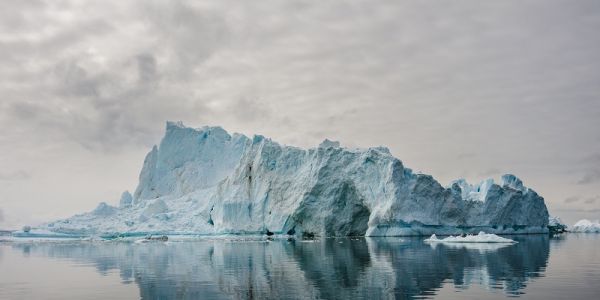
Scientists have trained an artificial intelligence or AI system to accurately map in one-hundredth of a second the surface area and outline of giant icebergs captured on satellite images.
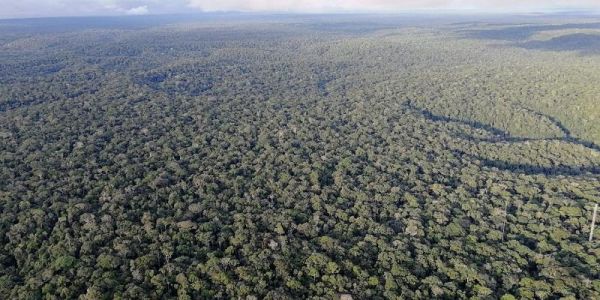
Deforestation in the Amazon causes land surfaces up to 100 kilometres away to get warmer, according to a new study.
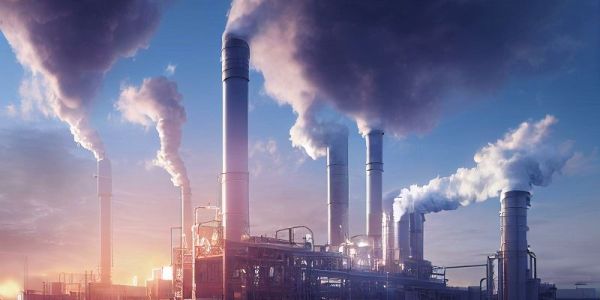
Humanity is rapidly reaching the limit for how much additional carbon can be emitted into the atmosphere to keep global warming within 1.5 °C, according to a new research.
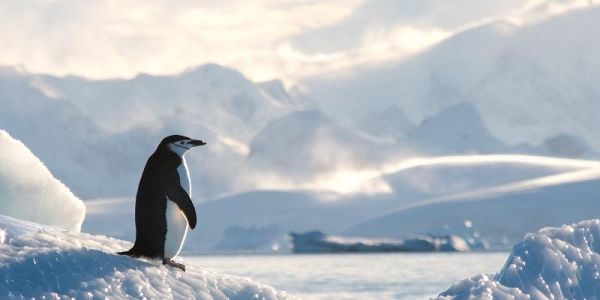
71 of the 162 ice shelves that surround Antarctica have reduced in volume over 25 years from 1997 to 2021, with a net release of 7.5 trillion tonnes of meltwater into the oceans, say scientists.

A spinout company from the University of Leeds has received investment to scale up its pioneering carbon dioxide removal technology.